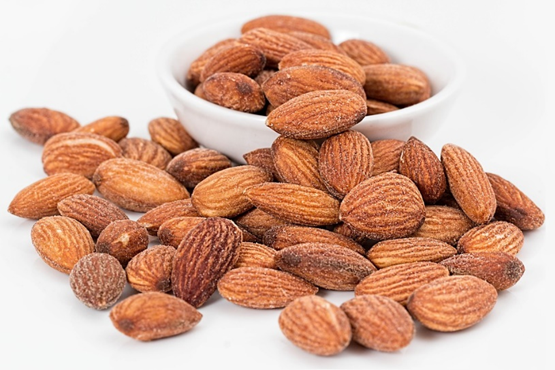It is no secret that exercise is one of the greatest gifts you can grant your body. Exercise can promote fat loss and muscle growth, increase energy and brain health, decrease chronic disease risk, and help your body function at its full potential. However, the immense benefits exercise has on your heart are often overlooked.
The Benefits of Exercise on Your Heart
Being overweight puts you at a greater risk for heart-related medical issues, therefore losing weight and keeping it off plays a big role in keeping your heart healthy in the long-term. According to Hopkin’s Medicine, high blood pressure is a major risk factor for heart disease. Regular exercise can help to lower your blood pressure and slow the heart rate.
Smoking can also cause many heart-related medical issues. Getting in shape can go hand in hand with your battle to quit smoking because increasing your fitness level can decrease your desire to smoke. Not only can exercise help you quit smoking, but it can play an integral role in managing your stress level. High stress may take a toll on your heart and exercise can help keep you calm, cool and collected through everything life may throw your way.
For optimal heart health, it is recommended that you incorporate a mix of aerobic exercise and strength training into your exercise routine. Do your heart a favor and contact your doctor to find an exercise routine that is right for you!
Dr. Barbara R Edwards, Princeton internist practices at Penn Medicine Princeton Health in the Penn Medicine Princeton Medical Center and also serves as Medical Director of the Bristol-Myers Squibb Community Health Center.






